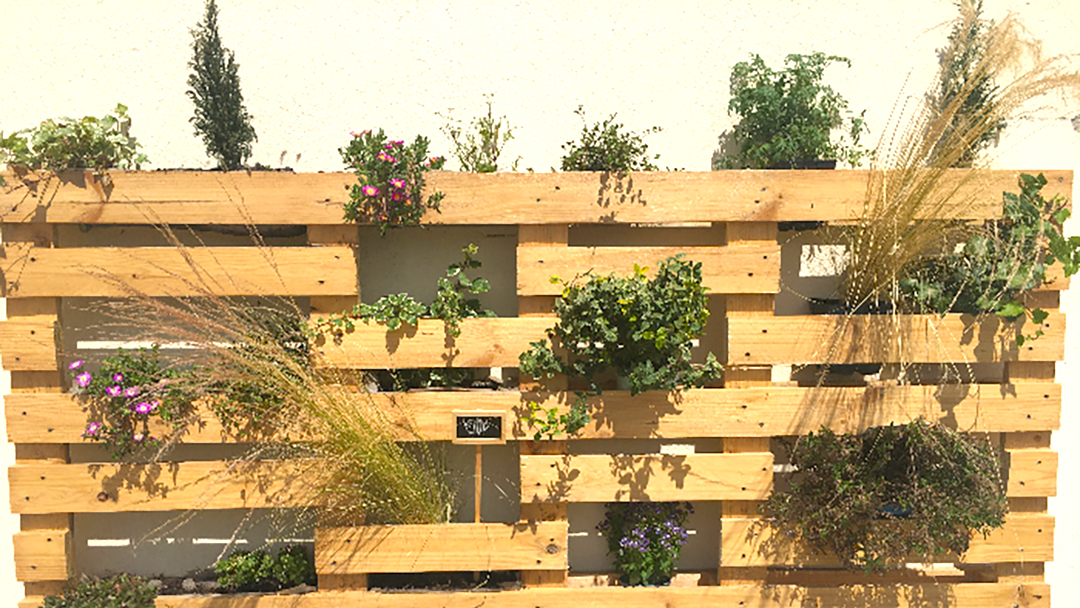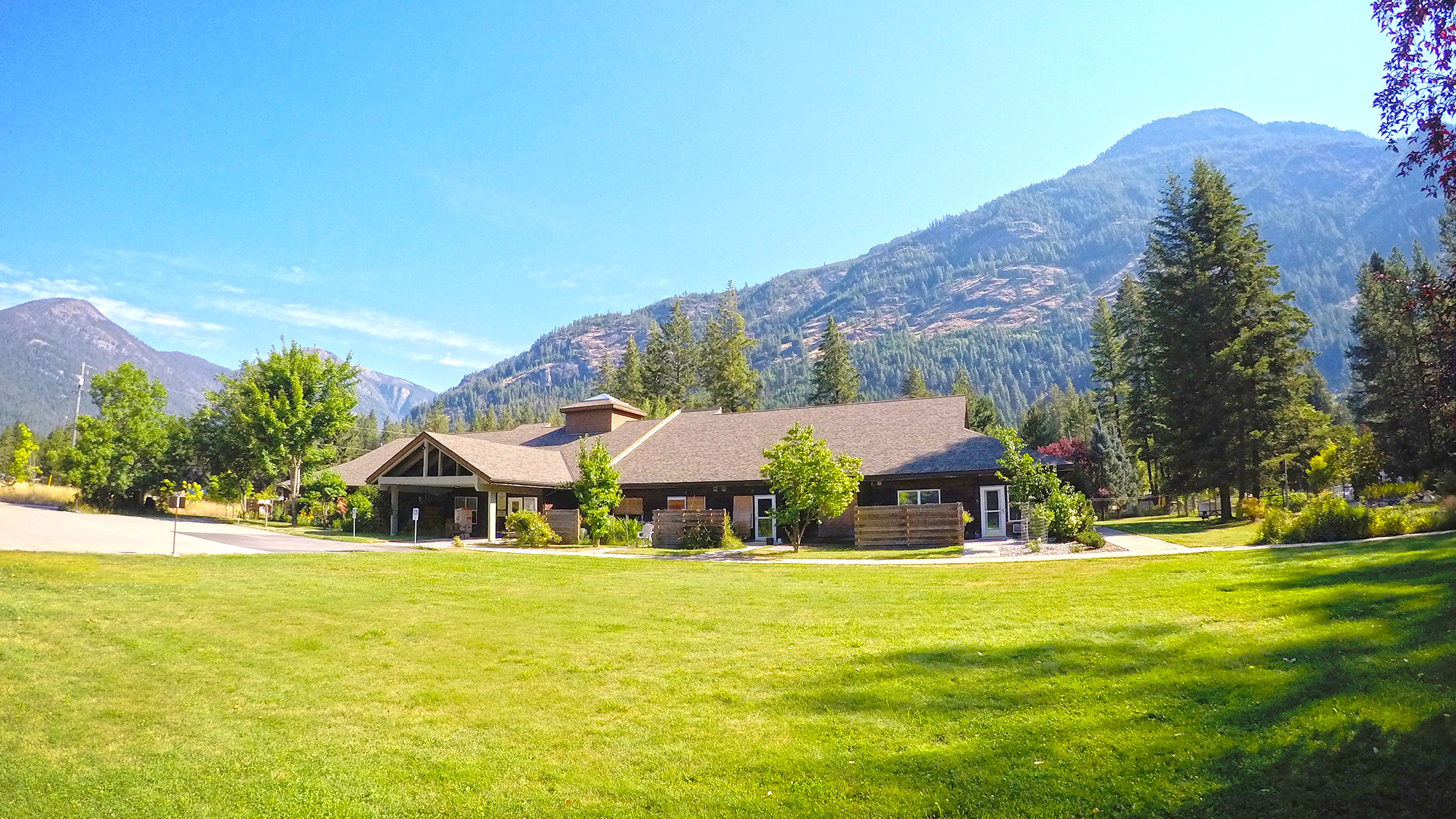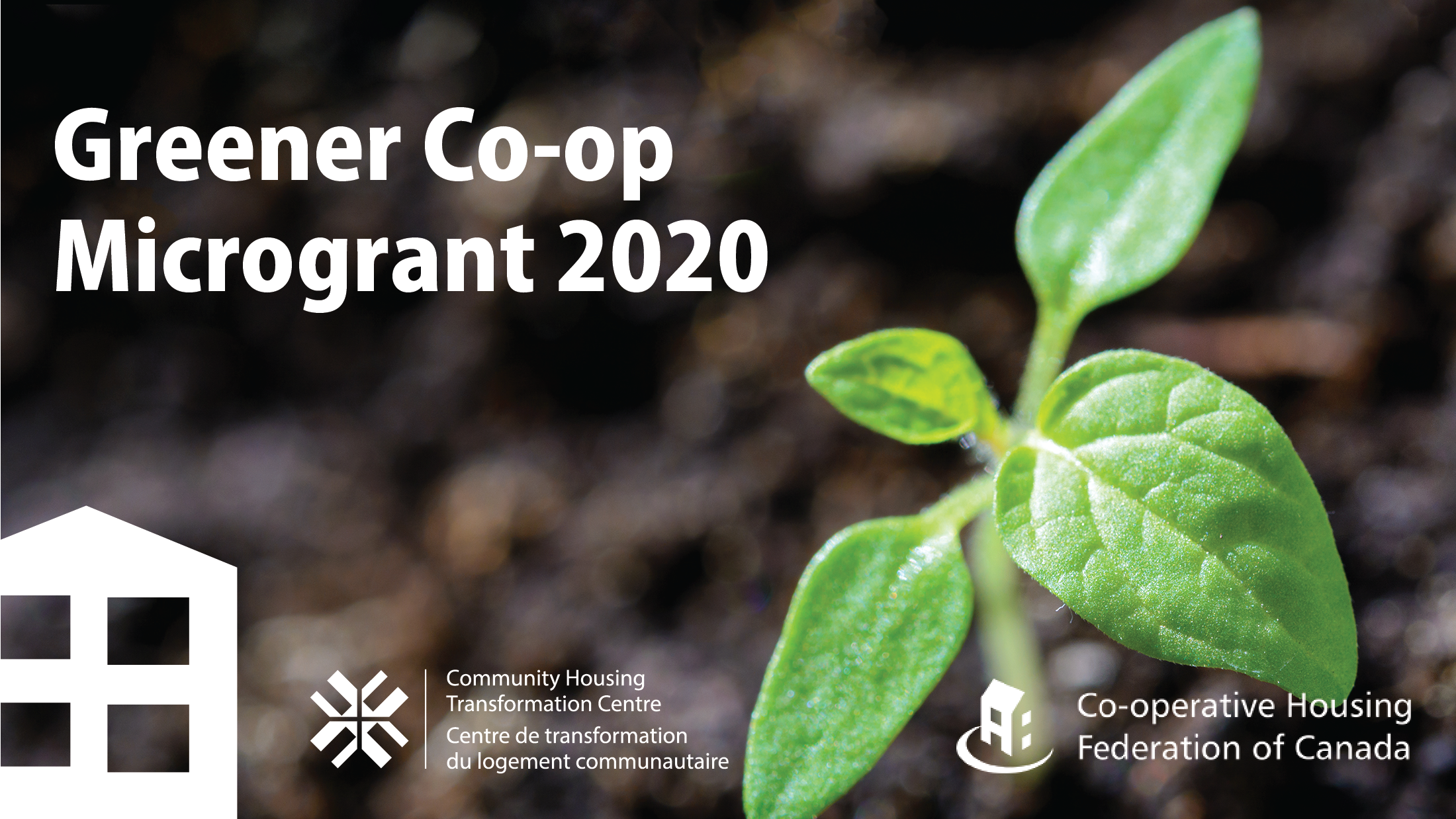Improving the Sector’s Environmental Responsibility
We believe that the community housing sector must play a leading role in the fight against climate change.
All stakeholders must innovate to substantially reduce their ecological footprint and adapt to the forces of climate change. Currently, the design and construction of housing is generally completed without any real environmental consideration. Moreover, construction techniques favour speed over durability.
The Centre works to contribute to making the sector a leader in the implementation of new standards, methods and approaches in line with the development of a green economy.
Among other things, we promote:
- Maximizing resources by the sharing of spaces, equipment and services
- Integrating the interests of the greatest number of people in the short, medium and long term
- The non-speculative nature of community housing, which allows for the use of quality materials and innovative construction techniques
We are therefore committed to:
- Helping housing providers, as well as tenants and members of housing co-operatives, reduce their environmental footprint
- Promoting the use of green tools and encouraging the implementation of environmental best practices

Green Compass
Map your environmental initiatives and energy efficiency performance.

Energy Efficiency Coaching Services
Call on our experts at no charge to:
- Evaluate the energy saving opportunities available to you
- Create an action plan to achieve your goals
- Get support in applying for an SAH grant

Resource Inventory
Access a list of resources selected by the Centre’s team to meet your organizational needs based on your areas of interest and location. Included are the following:
- Guides, reports and tools
- Activities and training
- Financing opportunities
News on improving the sector’s environmental responsibility

Regional Energy Coaches: a lever for reducing costs and improving sustainability
Regional Energy Coaches (REC) support community housing providers in improving the sustainability of their buildings and reducing energy costs. The RECs are present in every region of the country, offering […]
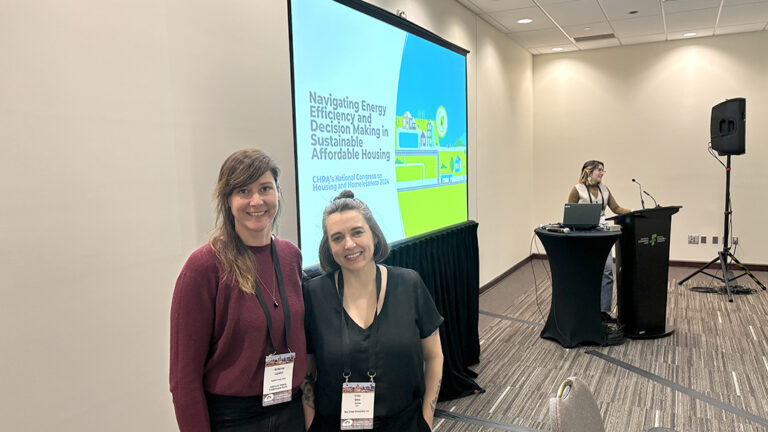
Meet your local Regional Energy Coach (REC)—upcoming events
You are a community housing provider, and would you like to reduce your energy bill or are you looking for support and funds for your green projects? Get in touch […]
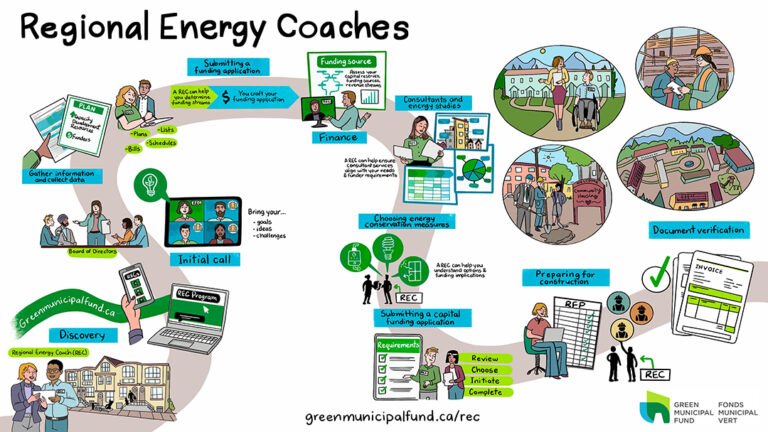
Sustainable renovation: how the REC program is making community housing greener and more cost-efficient
In the current real estate context, where environmental as well as economic and social issues are at stake, the Regional Energy Coaching (REC) program meets a growing demand in the […]
Awarded Grants
Discover Projects that Transform the Community Housing Sector
